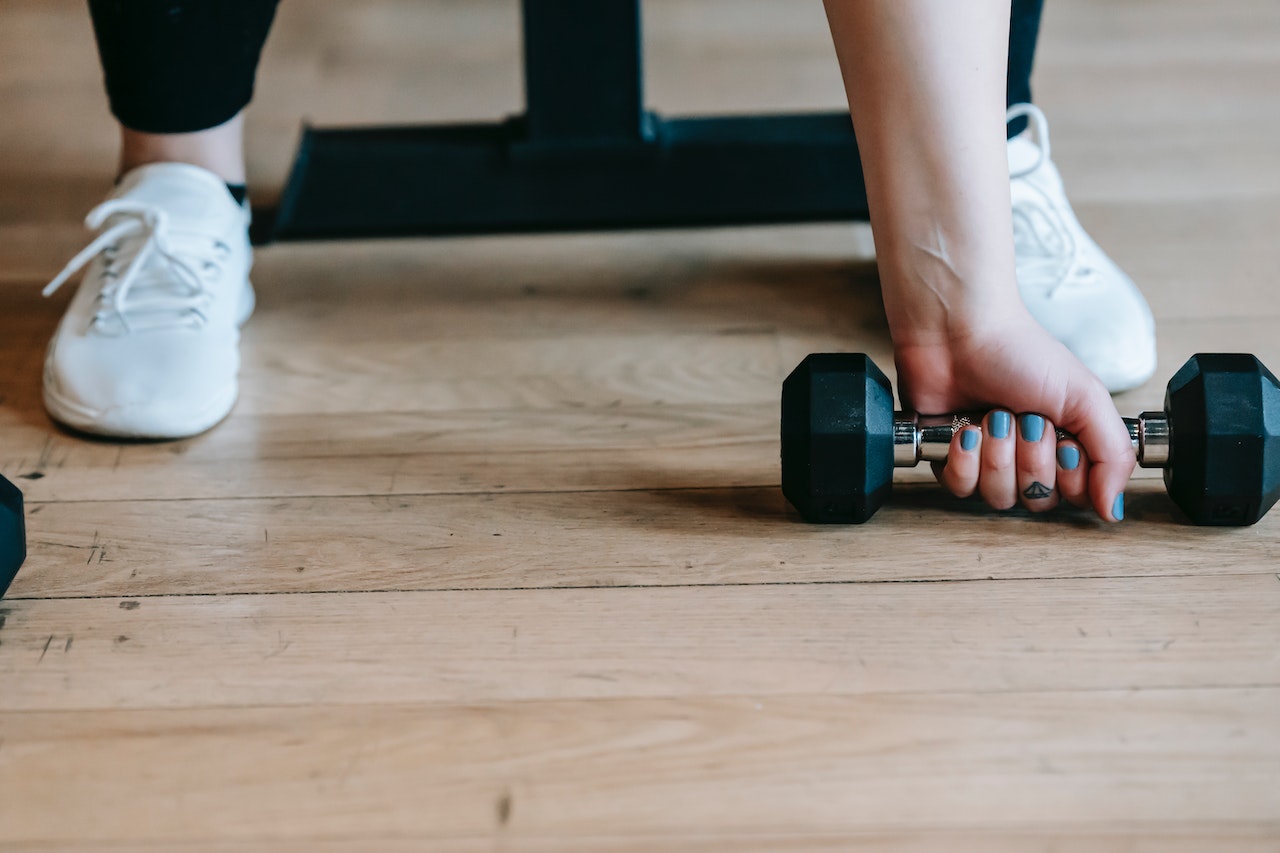Mental Health Awareness: Your Mental Health is Your Inner Treasure
Struggles with mental illness are often viewed as taboo topics. Many people think they should be kept hidden away, out of sight and out of mind, and not discussed in “polite” company.
This is primarily because these types of struggles are associated with inner weakness or instability. However, this couldn’t be further from the truth.
Mental health is just as important as physical health. In fact, the two are intimately linked—mental health directly impacts physical health and vice versa. And any struggles with one or the other are entirely normal and must be addressed for one’s well-being.
Mental Health Affects How You Perceive the World
Our mental health can affect how we perceive and relate to the world around us. For example, people with depression may interpret certain situations in a more negative light. Those with anxiety may be more suspicious about potential threats or dangers around them.
Mental health can also impact the way we process information. For example, those with PTSD may relive their trauma over and over again in their minds. This can make it difficult or even impossible for them to process what happened and focus on their healing.
Mental health disorders can cause us to see the world in a distorted or negative way, which can make everyday activities and interactions challenging. While it is essential to be aware of how our mental health can impact our perceptions, it is also crucial to extend this generosity to others.
Remember that everyone experiences the world differently. What one person sees as negative may not be interpreted the same way by someone else. It is crucial to be open-minded and non-judgemental.
Mental Health Affects How You Interact with Others
Our mental health can also affect how we interact with others. For example, someone dealing with depression may withdraw and have trouble connecting even with those they love the most.
Someone with anxiety may avoid most, if not all, social situations altogether. People with psychosis may have hallucinations or delusions that can impact personal interactions. These conditions affect our ability to create and maintain much-needed connections with family, friends, colleagues, neighbors, acquaintances, and even strangers.
There is also growing evidence that our mental health can affect how we interact with technology, specifically social media. A recent study showed that people with social anxiety are more likely to use social media in a negative way, such as comparing themselves to others or developing feelings of jealousy.
It is clear that our mental health affects our interactions with the world and people around us, and the best strategies and coping mechanisms will vary from person to person.
Strategies to Protect and Improve Your Mental Health
There are many different strategies that people can use to protect or improve their mental health. Some of these strategies might require professional help, while others center on self-motivation and dedication.
You can create a virtue map to plan and schedule your self-help activities to benefit your mental health. You can then add the following methods as part of your plan:
Regular Physical Activity
Exercise is a great way to boost your mood and reduce stress. It is well-known that exercise and physical activity can have a positive impact on physical health. But did you know that exercise can also benefit your mental and emotional state?
Exercise releases endorphins and other hormones that have joyful or calming effects. Regular physical activity also increases serotonin levels, a neurotransmitter that plays a role in regulating mood.
Additionally, it boosts cognitive function by stimulating blood flow to the brain and improving brain plasticity.
Even simple exercises can make a world of difference. Begin with a 15-minute walk around the neighborhood to stretch your legs and enjoy the outdoor air. Then, extend that walk to 30 minutes or more, escalate by jogging or running, or try strength training exercises at home. When you develop an exercise routine that works for you, you are more likely to maintain it and keep your body, mind, and soul healthy.
Relaxation Techniques and Rest
Relaxation techniques and enough sleep play an essential role in protecting your mental health. Regular yoga, meditation, and mindfulness exercises can also help you manage stress and anxiety.
Sleep can help you improve your mood and cognitive functioning so you can feel better emotionally and physically. Research has shown that sleep deprivation can lead to mood disorders, such as anxiety and depression.
If you are having trouble sleeping, consult your doctor for treatment methods you can try.
Medication
If you are struggling with mental health issues, your doctor or therapist may suggest exploring medication. There is a growing body of evidence that medication can be an effective treatment for mental health conditions.
Many types of medications are used to treat mental health conditions. The prescribed medication depends on the condition being treated and its severity; common prescriptions include antidepressants and anti-anxiety medication.
If you think you need to take medication for your mental health, you must first consult with a mental health professional to discuss your situation and what you may need.
Therapy
Another form of treatment that can be extremely helpful for mental health is therapy. Through therapy, you can address your needs, develop techniques to cope with your mental illness, and live a healthy and fulfilling life.
If you are considering therapy, here are a few ways it can improve your mental health:
- Help you understand your condition and symptoms
- Learn how to manage your mental health symptoms
- Develop healthy coping mechanisms
- Help you create a support system
Take Care of Your Mental Health for Your Overall Well-being
If you are struggling, you can reach out to friends and family or seek professional help so they can assist you in finding the right therapist.
While mental health conditions can be challenging to deal with, it is important to remember that you are not alone. Many people are dealing with similar situations, and there is help if you want it.




